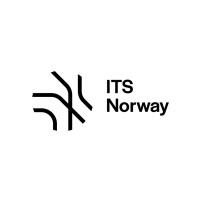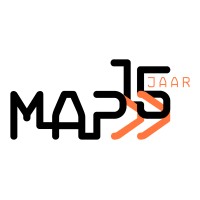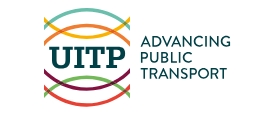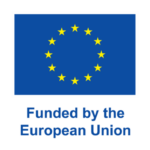CCAMbassador is a Horizon Europe Coordination and Support Action (CSA), launched on 1 June 2025, focused on enhancing the coordination and operational readiness of stakeholders involved in Connected, Cooperative and Automated Mobility (CCAM). The project expands engagement beyond research and innovation actors to include public authorities, operators, and citizens, facilitating the uptake and deployment of CCAM solutions across Europe.
The main objective of CCAMbassador is to empower stakeholders to move from research into real-world CCAM deployment. This includes:
CCAMbassador implements a structured, inclusive approach by:
The project is built around seven work packages that ensure robust coordination, ecosystem analysis, stakeholder engagement, content enhancement, and capacity development.
CCAMbassador will contribute to:
These outcomes directly support the EU’s Sustainable and Smart Mobility Strategy and ambitions for safe, inclusive, and climate-neutral mobility systems.
ALICE is a key contributor to the strategic coordination and stakeholder engagement dimensions of the project. In particular, ALICE:
CCAMbassador also aligns with ALICE’s mission to foster interoperable, efficient, and sustainable logistics systems that embrace automation and digital transformation.
The CCAMbassador project is coordinated by ERTICO – ITS Europe and includes 20 beneficiaries and 2 associated partners from across Europe.
ALICE members:
Other beneficiaries:













All CCAMbassador Project related past events, news and documents

This project has received funding from the European Union’s Horizon Europe research and innovation program under grant agreement No 101203053. Views and opinions expressed are however those of the author(s) only and do not necessarily reflect those of the European Union or the European Climate, Infrastructure and Environment Executive Agency (CINEA). Neither the European Union nor the granting authority can be held responsible for them.
